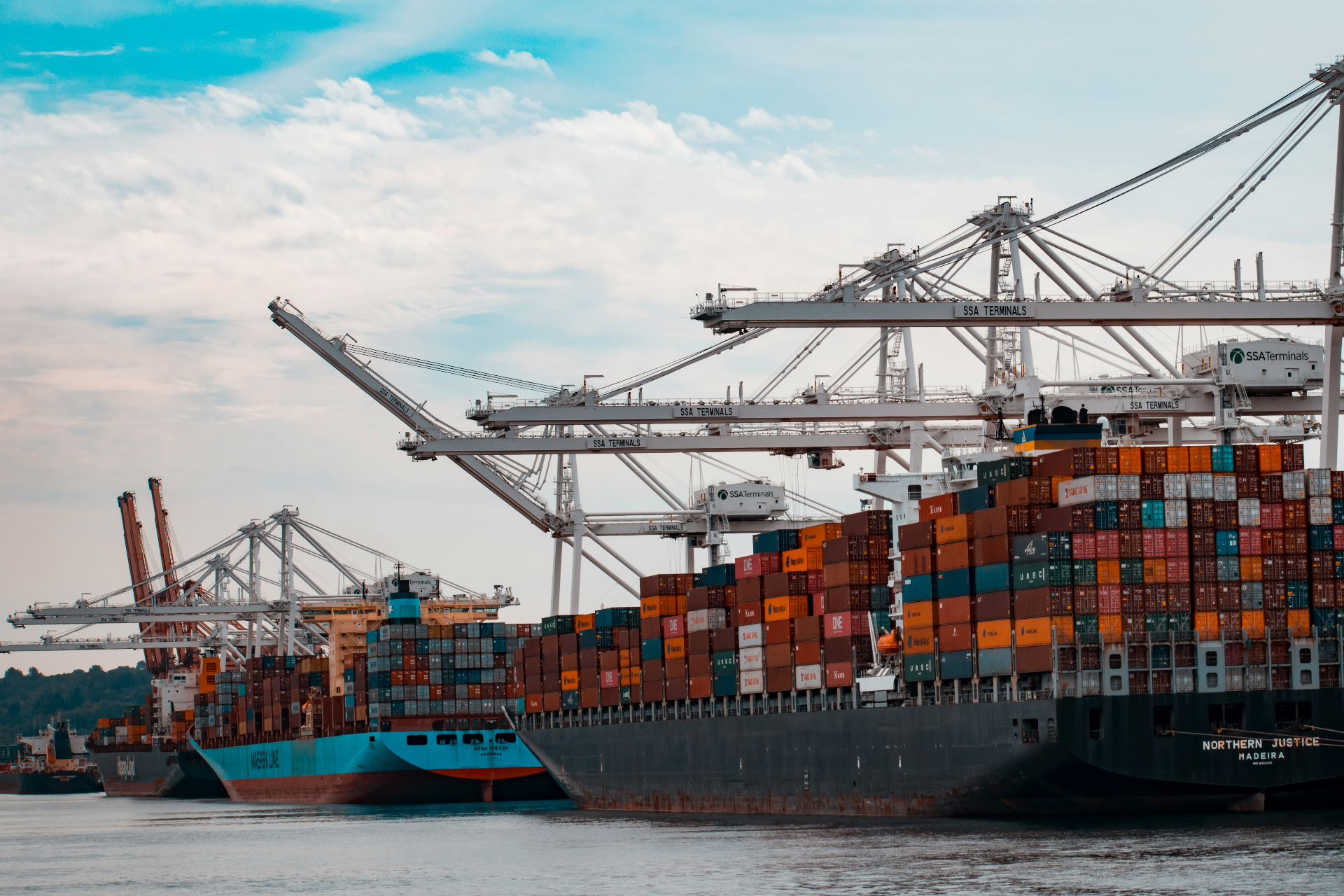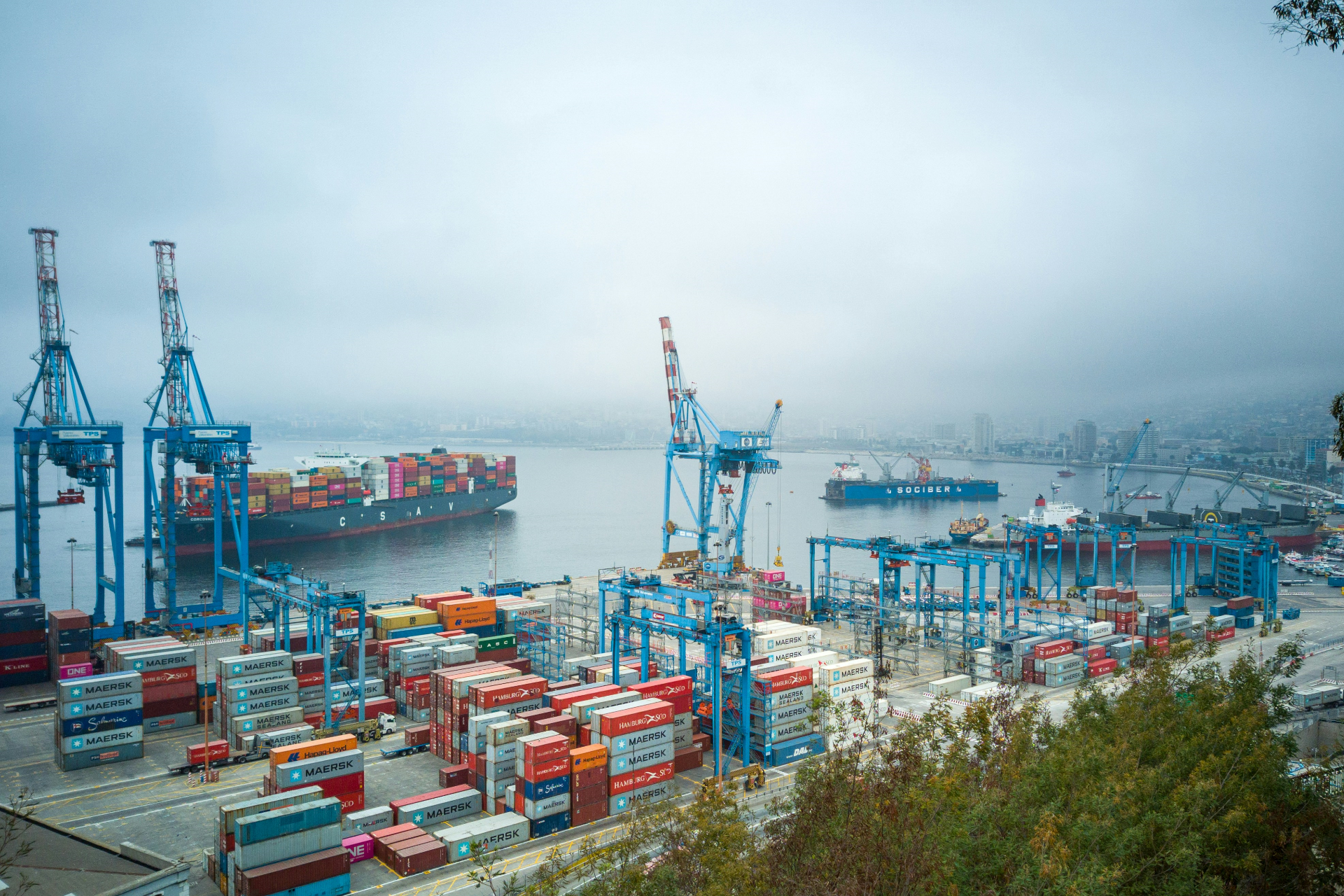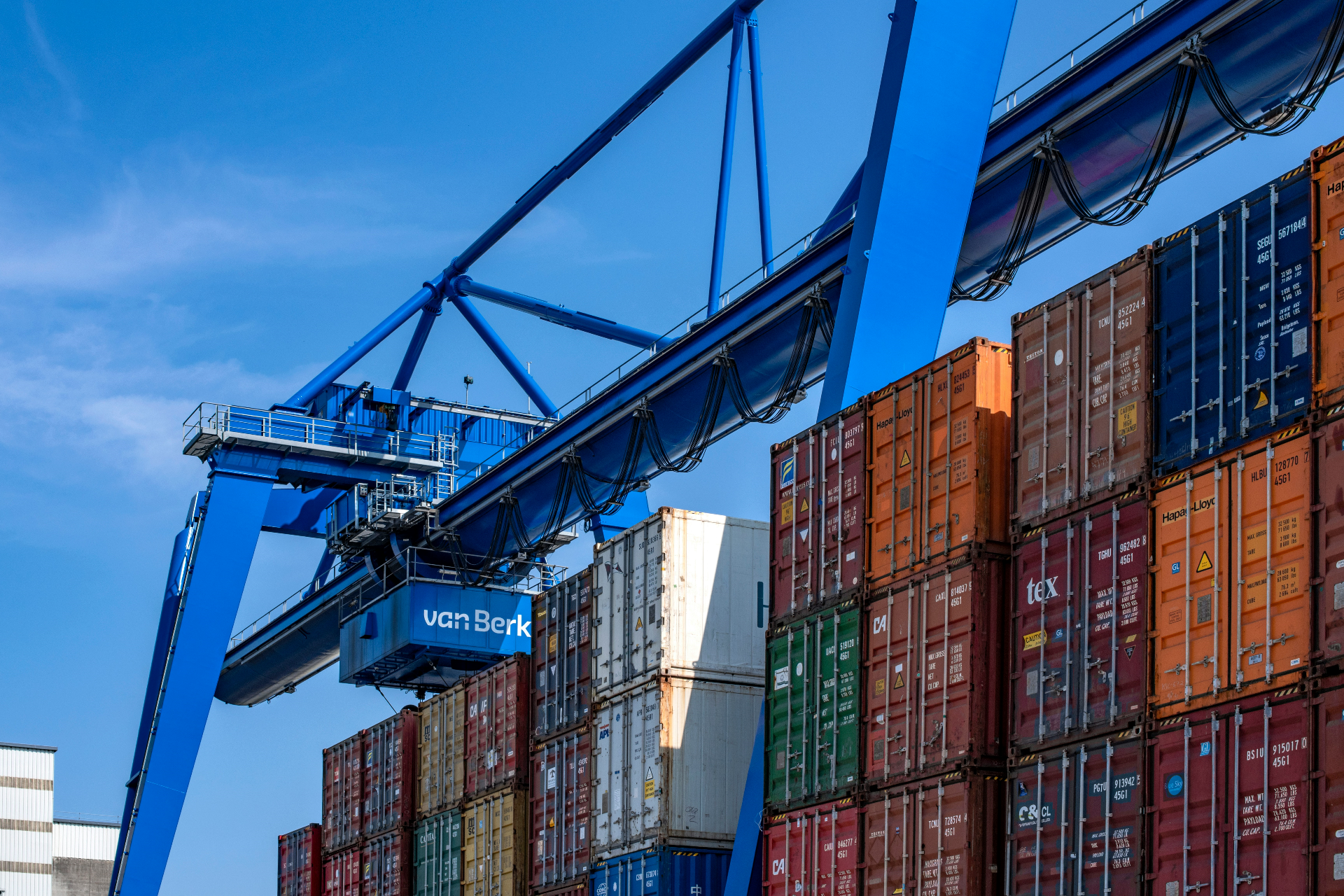Export promotion agencies (EPAs) and government initiatives play a vital role in supporting exporters. EPAs provide market insights, networking opportunities, and business development support, while government initiatives offer financial incentives, favorable trade agreements, and regulatory support. Collaboration between EPAs, government agencies, and businesses creates a supportive ecosystem for export growth. Leveraging the resources and support provided by EPAs and government initiatives is essential for businesses seeking to expand in international markets.
Expanding into international markets can be a complex and challenging endeavor for businesses. However, governments around the world recognize the importance of exports for economic growth and job creation, leading to the establishment of export promotion agencies (EPAs) and government initiatives to support exporters. These entities play a vital role in providing resources, guidance, and financial assistance to businesses venturing into global trade.
Export promotion agencies serve as a bridge between businesses and international markets. They offer a wide range of services and support to exporters, including market research, trade missions, business matchmaking, and export training programs. EPAs help businesses identify potential markets, understand market dynamics, and connect with international buyers and partners. They also provide valuable insights into trade regulations, customs procedures, and documentation requirements, ensuring exporters are well-equipped to navigate the complexities of international trade.
Government initiatives aimed at supporting exporters are designed to create a favorable business environment and reduce barriers to trade. Governments often offer financial incentives, grants, and subsidies to encourage businesses to engage in export activities. These incentives may include export financing programs, tax benefits, grants for market development activities, and assistance with trade show participation. Such initiatives help businesses overcome financial constraints and reduce the risks associated with entering new markets.
Additionally, governments facilitate trade through trade agreements and diplomatic efforts. Negotiating favorable trade agreements with other countries helps businesses access new markets on more favorable terms, reducing tariffs and trade barriers. Diplomatic efforts, such as trade missions led by government officials, promote bilateral trade relationships and open doors for businesses in foreign markets.
Collaboration between EPAs, government agencies, and businesses is crucial for successful export promotion. EPAs provide on-the-ground expertise, market insights, and networking opportunities, while government agencies offer regulatory support, funding, and diplomatic support. This collaboration fosters a supportive ecosystem that enables businesses to navigate international markets with confidence and take advantage of global opportunities.
For businesses, leveraging the support and resources provided by EPAs and government initiatives can significantly enhance their export capabilities and competitiveness. By tapping into the expertise and networks offered by EPAs, businesses gain access to valuable market intelligence, potential partners, and business development opportunities. Government support, through financial incentives and favorable trade agreements, reduces the costs and risks associated with international expansion, making exports more viable and profitable.
Related Information



















































